Renowned BSP Andhra Pradesh Coordinator Pushes for 52% Reservation for BCs in Local Elections
In a bold and impassioned statement, Bahujan Samaj Party (BSP) State coordinator and former Director General of Police, B. Poornachadra Rao, has made a compelling case for the implementation of 52% reservations for backward castes (BCs) in local bodies elections. This call to action, made on the occasion of social reformist Jyotirao Phule’s birth anniversary, underscores the urgent need for equitable representation and empowerment of marginalized communities.
Delving into the heart of the matter, Mr. Poornachandra Rao highlighted the critical role of caste census data in shaping policy decisions. He pointed out that while the previous government had conducted a comprehensive caste census in January and February of 2024, the findings had not been disclosed to the public. It was under the NDA government that the figures pertaining to BCs were brought to light, revealing that BCs constitute a significant 51.69% of the population in the state.
With a sharp focus on accountability and social justice, Mr. Poornachandra Rao directed his message towards the TDP, urging the party to leverage its proclaimed pro-BC stance to drive meaningful change. Emphasizing the need for action over rhetoric, he stressed that the census data should serve as a roadmap for empowering BCs rather than a mere political tool. The statistics clearly indicate that BCs represent a substantial segment of the population, warranting a commensurate 52% reservation in local bodies elections, educational institutions, and government sector recruitments.
Championing Equity and Representation
As the conversation around social justice and inclusive governance gains momentum, the issue of proportional representation for marginalized communities takes center stage. Mr. Poornachandra Rao’s advocacy for 52% reservations reflects a broader movement towards dismantling systemic inequalities and fostering a more inclusive society. By drawing attention to the disparity in legislative representation, where certain castes with smaller populations have enjoyed disproportionate influence, he shines a light on the pressing need for recalibrating power dynamics.
In a landscape shaped by historical injustices and entrenched biases, the call for equitable representation strikes a chord with many who have long been marginalized and overlooked. The resonance of this message reverberates beyond political boundaries, transcending party affiliations to tap into a shared sense of social responsibility. As communities grapple with the legacy of caste-based discrimination, the push for fair and transparent policies becomes a rallying cry for a more just and equitable society.
Charting a Path Forward
As the debate on reservations and affirmative action unfolds, it is imperative to consider the broader implications of policy decisions on marginalized communities. The quest for social justice demands a multi-faceted approach that goes beyond mere statistical quotas to address the underlying structural inequities. By reframing the narrative around reservations as a mechanism for empowerment rather than entitlement, Mr. Poornachandra Rao underscores the transformative potential of inclusive policies.
In navigating the complex terrain of caste dynamics and political representation, the imperative of listening to marginalized voices and centering their experiences cannot be overstated. The quest for equitable representation is not just a numbers game; it is a moral imperative rooted in the principles of justice and fairness. As we chart a path forward towards a more inclusive future, the vision articulated by Mr. Poornachandra Rao serves as a guiding beacon, illuminating the possibilities of a society where every voice is heard and every individual is valued.
Stay tuned as the conversation around reservations and representation continues to evolve, shaping the contours of our collective future.















